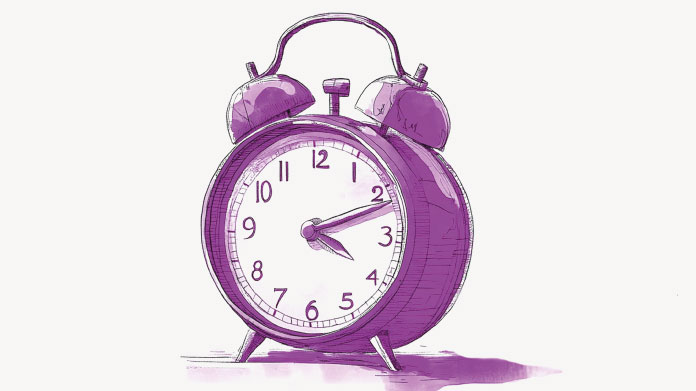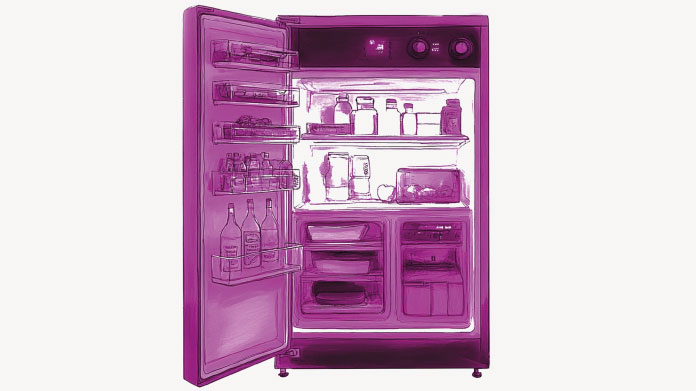7 essential tips for sleeping well without pills
One in five people have trouble sleeping. One in nine regularly take sleeping pills. If you too, feel abandoned by the god of dreams, then why not follow our action tips for achieving a good night’s sleep - the natural, drug-free way.

1/ Prioritise gentle activity
Action
Spend 30 minutes a day doing relaxing activities and avoid cardio-exercises (running, tennis, workouts …) after 7 pm as they encourage the production of hormones that keep you alert and raise your body temperature (to sleep well, your body temperature should go down).2/ Put your faith in sleep-inducing plants
Action
Ingest these plants and herbs regularly in the form of tisanes, infusions, capsules, tablets or homoeopathic granules.3/ Recognise when you’re getting sleepy
Action
Treat the evening as a time to prepare for sleep, and treat the bedroom simply as a room in which to sleep (no television, no screens, and no computers). Don’t plan any activity or work that could prevent you from going to bed at the first signs of tiredness.4/ Limit any afternoon naps
Action
Take short naps only (no more than 20 minutes), setting an alarm, and do not sleep any later than early afternoon.5/ Try therapies known to work
Action
Try (or combine) several methods if necessary, but be aware that whatever method/s you choose will only work if you also adopt a healthy lifestyle and follow the other advice given here.6/ Know your sleep requirements
Action
Forget about the alarm clock during the holidays and go to bed at the first signs of tiredness. After a few days, your natural sleep will automatically establish itself and you will know your sleep ‘profile’. If you only need 7 hours to feel in top form, there’s no point in sleeping longer.7/ Avoid stimulants
Action
Swap the tea and coffee for tisanes from mid-afternoon onwards and avoid alcohol in the evening.56 Days
Very happy with the order and the…
Very happy with the order and the prompt team's response to an identified issue with my order.
KUQI Fatmir
63 Days
15 + years as a customer
I have been using their products for over 15 years as I find both the quality and pricing excellent.
Del Chandler
65 Days
Good quick delivery
Good quick delivery
Timothy O Shea
66 Days
Good service
Good communication following order. Product came within the time frame and was well packaged. The only confusing thing I found was in checking out. For some reason it is not clear how to do so and the current system should be improved.
Joe O Leary
75 Days
Simple and fast.
Simple and fast.
Nina
76 Days
Great product was definitely what is…
Great product was definitely what is says and arrived on without issue
customer
82 Days
I love reading those product facts on…
I love reading those product facts on Supersmart.com. Effective health products making permanent changes to my blood-work results and testes. However, I also have to order capsules from other websites.
NORDGULEN Olav
85 Days
Great products
Great products Very easy to choose, to order… and to get at home
Federica mastrojanni
87 Days
Service rapide et bons produits
Service rapide et bons produits
customer
88 Days
Good products and fast delivery
Good products and fast delivery
Trusted
93 Days
Does what it says on the can
I believe in this product Made to highest standard The ordering process is straightforward Delivery time prompt Excellent product, excellent service Happy customer ❤️
Sheba Kelleher
98 Days
Excellents produits
Excellents produits. Rien à dire si ce n'est qu'ils sont très chèrs.
MJS_France
101 Days
Very good supplement
Very good supplement
Glaveash
102 Days
Supersmart supplements are really…effective
Supersmart supplements are really effective and have helped me and family members and friends to improve their health including some of us with severe health problems including some with no existing medical treatment.
Anne Georget
103 Days
SuperBig Supersmart
SuperBig Supersmart
Pierre



